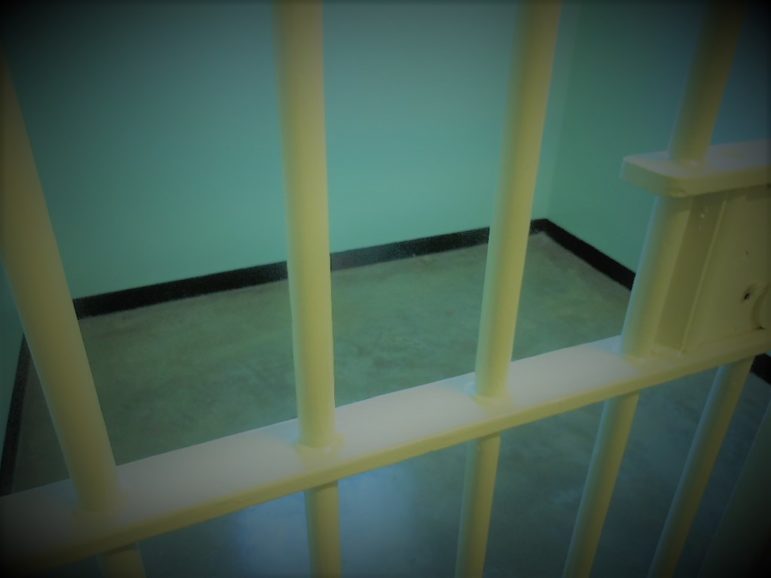
As protests continue against law-enforcement abuses, protests that have themselves been met with law-enforcement abuse, those demonstrations have spurred legislative action on a local and state level to combat injustices in our criminal justice system. That progress is a starting point to combating police misconduct. But these injustices extend to a space where cell phone cameras cannot see: in New York’s prisons and jails.
Most New Yorkers have sheltered in place for months, and there is a growing awareness of the negative physical and mental health impacts of social isolation. People are experiencing loneliness, anxiety, depression, and more. Yet this is hardly a fraction of the pain inflicted on tens of thousands of predominantly Black and Latino people sent to solitary confinement every year.
The city and state, to their credit, have recognized the risks of isolation, encouraging people stuck at home to contact mental health hotlines. Governor Andrew Cuomo has urged: “Don’t underestimate the emotional trauma and don’t underestimate the pain of isolation. It is real. This is not the human condition, not to be comforted, not to be close, to be afraid and you can’t hug someone.”
 CityViews are readers’ opinions, not those of City Limits. Add your voice today!
CityViews are readers’ opinions, not those of City Limits. Add your voice today!
June 6 marked the tragic five-year anniversary of Kalief Browder’s death. The entire world learned about how this young Black child spent three years in Rikers pre-trial, including two years in solitary, before prosecutors dropped false charges of stealing a backpack. The devastation was too much and he died by suicide after release.
We have also seen more than one year pass since Layleen Polanco died in solitary on June 7. Layleen, an Afro-Latinx transgender woman, was in jail for alleged sex work and drug possession that should not be criminalized. She spent nine days in solitary before dying alone of an epileptic seizure in her solitary cell – and no criminal charges are being pursued.
Despite massive public outcries, people in New York continue to be sent to solitary confinement for months, years—even decades.
There is wide and growing consensus among policy-makers that solitary confinement must end. It’s even more imperative now. Health experts have warned solitary confinement is not medical isolation and actually increases the spread and harm of COVID-19. The physical and emotional toll of solitary weakens people’s immune systems, making them more susceptible to the virus.
People in solitary also have increased direct physical contact with officers, who escort them to showers and recreation. Furthermore, people are discouraged from reporting symptoms out of fear of being locked in solitary. Just imagine the agony of being in solitary with the pandemic raging, not being able to check in on your loved ones, or worrying you might contract the virus and die in that cell alone.
A bill gaining traction in the state legislature, the HALT Solitary Confinement Act, would end prolonged solitary confinement and create more humane and effective alternatives, while still allowing true medical isolation. More than a majority of state legislators in both houses co-sponsor HALT, and rank and file legislators have been calling for a vote. The governor and his prison department could have ended solitary confinement on their own but instead have been increasing its use, meaning it’s up to the legislature to act.
Last year, Layleen’s death sparked an outcry for New York City to go even further than HALT and abolish solitary completely, knowing that any time in solitary can be deadly. In addition to myself, Speaker Corey Johnson, City Comptroller Scott Stringer, and a range of City Council Members have endorsed a Blueprint for Ending Solitary Confinement in New York City Jails. Yet, again, Mayor Bill de Blasio and the watchdog Board of Correction have not acted.
Now is the time for the state legislature to pass HALT and for the governor to sign it into law. The mayor, City Council, and Board of Correction must go further and abolish solitary confinement entirely to lead the state and the country in how we treat our fellow community members.
Jumaane Williams is the public advocate for the city of New York.








